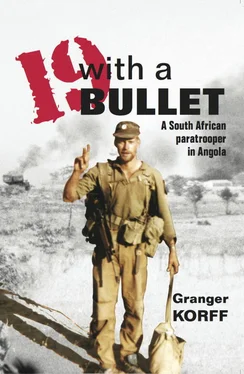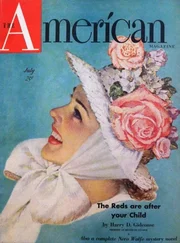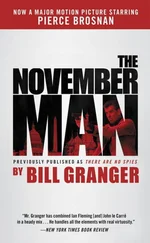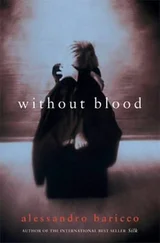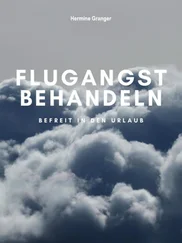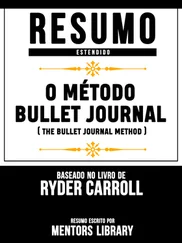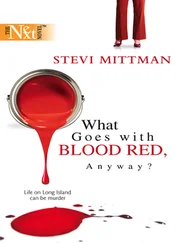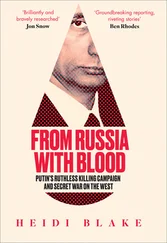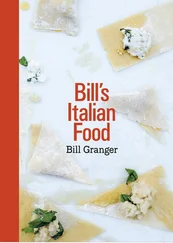“What the hell’s going on here? Is somebody dead?”
“Yeah, there are a thousand FAPLA and SWAPO dead. This is for us. We’re the fucking heroes!”
When our small convoy of trucks drove up the wrong street, people at the roadside thought that the parade had begun and waved and smiled. We waved back sheepishly. Finally the drivers were directed to the right spot at a parking lot near the centre of town and we hopped off and dubiously eyed the scene in front of us. A few hundred panzer troops who had taken part in the operation were lined up in the parking lot as well. They had some Eland armoured cars with them that they lounged against. It looked as if they had been waiting for a while.
It was unbelievable that the army could have put together such a well-timed manoeuvre. Whoever had planned on having the Parabats present at this parade had done so with precision planning, flying us from deep in Indian country in Angola, then immediately onto a C-130 at Ondangwa to South Africa. Three countries in one day. Perhaps it was just luck, perhaps they would have continued with the parade without us, as they did with our sister H Company which was nowhere to be seen.
We looked a ragged bunch, still dressed in our torn bush browns, faded to light khaki with pockets ripped off. My clean shirt that I had hastily pulled from my balsak in Ondangwa was stiff with white sweat rings and black with dirt on the collar and sleeves. Our boots were scuffed white from more than two months of kicking sand in back-to-back operations. I still had my two quick-change magazines taped together with dirty white medical tape in my rifle. Our hair hung two or three inches over our collars. We looked like veteran bush fighters with our maroon berets on our heads. We were the heroes, welcomed home and cheered. Warriors at last, who had defended the country and fought for the security of all. We formed up into a company in the parking lot and, with a military band leading the way, began marching down the main road.
Civilians packed the pavements and kids waved from their fathers’ shoulders. After months in the bush my eyes were like a hawk and I quickly picked out the beautiful, and not-so-beautiful, girls in the crowd that lined the road waving. In truth, they all looked beautiful, all of them waving their hands and smiling. Lipstick and pretty dresses and soft brushed hair. I stared at them out of the corner of my eye as we marched down the thronged main street with the casual cocky attitude of proud combat paratroopers.
I saw the fresh-faced paratrooper recruits in clean new uniforms staring at us as we marched by and knew how they felt. I had stared in the same way when I first saw a combat-seasoned Parabat company returning from the border and being congratulated on their successes. We came to a halt outside the city hall. Sergeant-Major Sakkie’s legendary voice drowned the 20-piece band as we formed up in open formation. Finally the band stopped and we listened as speaker after speaker congratulated and thanked all of us involved for our part in the biggest and most successful military operation since the Second World War.
A prayer was offered for the infantry troops who had paid the ultimate price and finally the mayor of Bloemfontein, a big man with a belly that started from his chest, gave an impressively patriotic speech and then came huffing down from his podium to walk down our open-order ranks and shake hands with every troop as he thanked us. As he got to me a TV crew hurried forward, busy filming. I put out my hand as he grasped and almost crushed it.
“Congratulations on the victory. We all thank you very much.”
I remember looking at the thick, studded mayoral gold chain that hung around his neck and then into his small earnest brown eyes beaming at me as I nodded my head.
Afterwards we were dismissed and told to come into the hall for food. Long tables had been laid out and women with sweet voices handed us paper plates and we loaded up with cold meats and delicious desserts. All of a sudden we were like kids at a church picnic—we laughed and giggled as we stood in line for second helpings and answered, around stuffed cheeks, the women’s queries on how we liked the food. Outside we had a chance to mingle with the civilians for a while. We stood on the city hall steps and smoked as we eyed the girls and they eyed us back. With our long hair, dark brown suntans, torn uniforms and worn rifles slung over our shoulders we looked the part and kept the civvies staring. We were the real thing; just flown out of Angola and into the city hall in Bloemfontein. Seven hours ago we had been sitting in Ongiva watching for FAPLA—now we were chewing cold meat and devilled eggs and eyeing pretty Afrikaans girls in fresh make-up.
The next morning, after another smaller parade and further congratulations from a jubilant Commandant Archie Moore, we were sent off on an unbelievable but true 21-day pass. My mother and Taina were waiting at the gates. After almost breaking my ribs (she was strong as well as beautiful) Taina held me at arms’ length and examined me, her big green eyes taking in every detail with concern before informing me that I had changed and somehow looked different. She said I looked like a man now. Well, thank you very much. I never knew she had looked on me as a boy before. But she was right. I could feel it too—a part of me did not feel the same.
When we pulled into the driveway on the farm it was snowing. It had not snowed in Johannesburg for 20-odd years but now everything was covered in a blanket of white snow. The ‘welcome home’ banner that hung over the garage looked in danger of collapsing under the weight of the thick layer of snow on top of it.
It was great to be home again. Fuck Angola, fuck the army and fuck SWAPO and FAPLA. I was still gung-ho but had seen that it was not a game any more and that people got killed. People got shot to pieces. Old men died and no one cared. Young men who had joined with the same eagerness for adventure as me got ambushed while cooking breakfast and had their brains shot out and eaten by pigs and were notched on someone’s rifle as one more kill. I had no doubt that they would have killed me had I been sitting cooking canned steak and onions but in the back of my mind there was a vague notion that even though I was sure I was doing the right thing, somehow it was still all bullshit.
Fuck everybody.
Walking on the moon—The Police
That night I saw myself on TV on the six o’clock news, shaking hands with the mayor of Bloemfontein. I was surprised how skinny and forlorn and serious I looked as the mayor vigorously pumped my hand up and down. My moustache looked huge and almost ginger on my face. They showed my handshake as one of the main features after the march-pasts and speeches. Taina squealed with delight and my dad smiled. The report went on to say that Operation Protea was the biggest and most successful external operation to date; aimed primarily at knocking out SWAPO headquarters at Xangongo, and secondly at destroying the enormous quantities of heavy weapons and conventional equipment that had been stockpiled by the Angolans at Ongiva, a stone’s throw from our border. I was learning more from the television news bulletin about why we had been there and what we had done than I had known when I was in a trench in Ongiva.
I told my brother and father how we had hit the FAPLA troops by mistake in Operation Ceiling —before FAPLA became fair game in Operation Protea a month later. My brother told me he had seen on the news that South African troops had attacked FAPLA and that Angola had complained bitterly to the United Nations about the aggressive racist regime. He shook his head when I told him that it was my platoon alone involved in the unfortunate mistake. I told him how we shot the hell out of them and how I had almost had my head blown off, puking, while a terr was setting up to blast me from five metres away. I told him how we had run through the night when the BTR had come after us and how we had later shot the old man by mistake and callously left him lying there. And how we had carried out the perfect ambush early in the morning, killing all present and about the steaming heads and the snuffling pigs; the hard-looking terr showing me a ‘fuck you’ sign on his chest as he died; the 16-year-old SWAPOs we had cornered in the thicket of dense bush and shot to pieces and the 1,000-pound bombs that sounded like thunder and the chaos of being pinned down with anti-aircraft fire ripping over our heads and dashing from trench to trench. I spared my dad some of the details but my brother wanted to know them all.
Читать дальше
